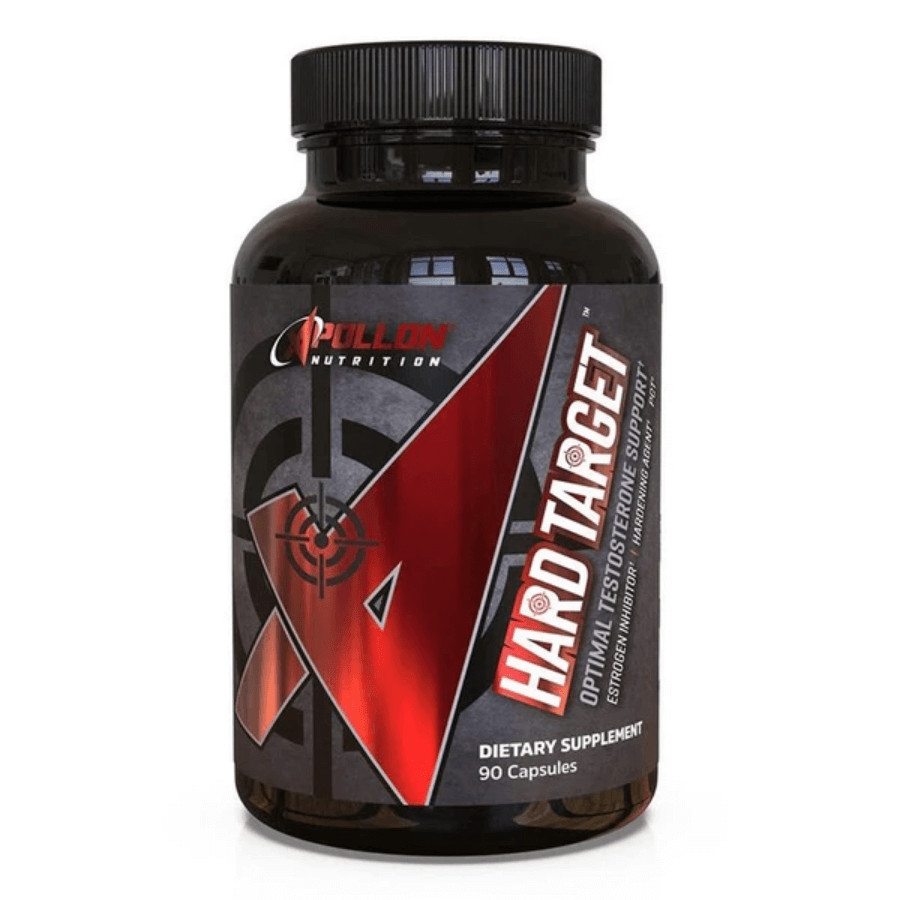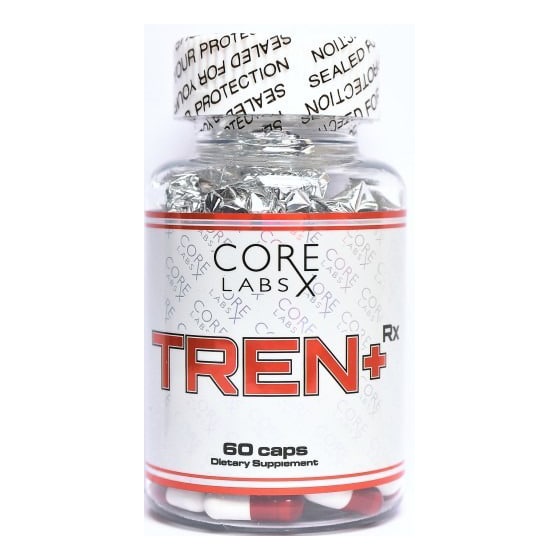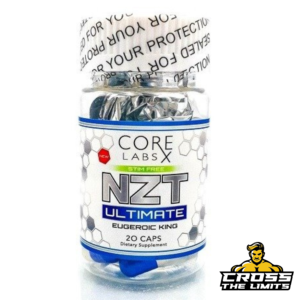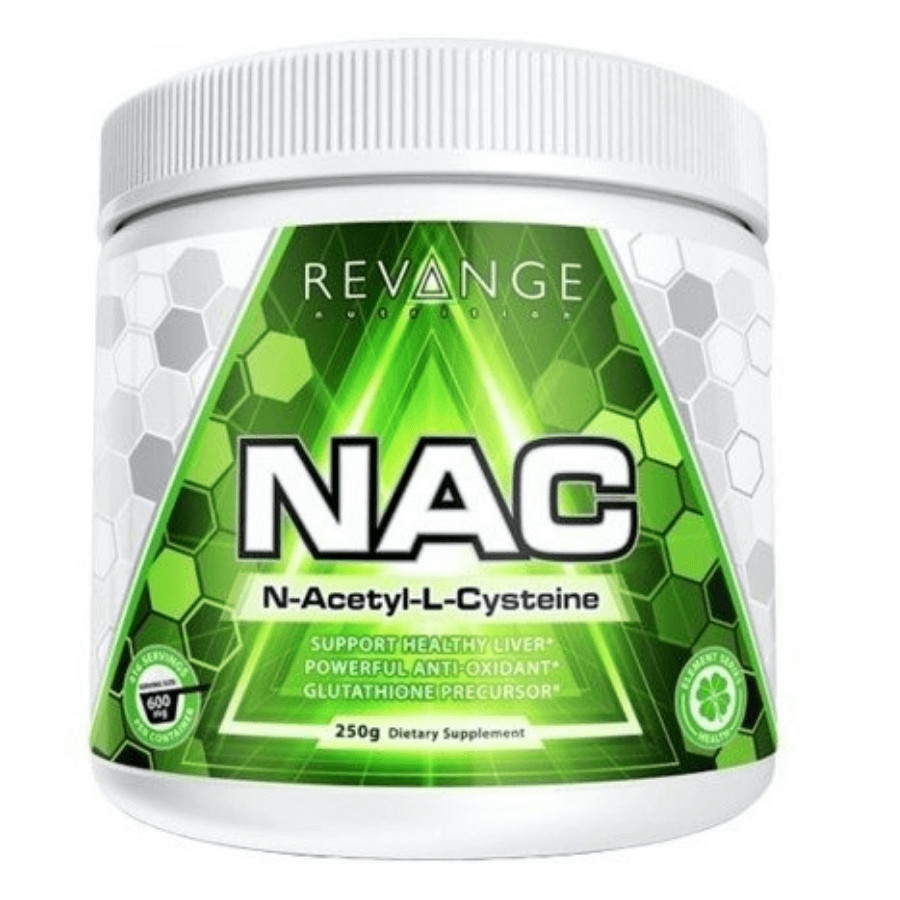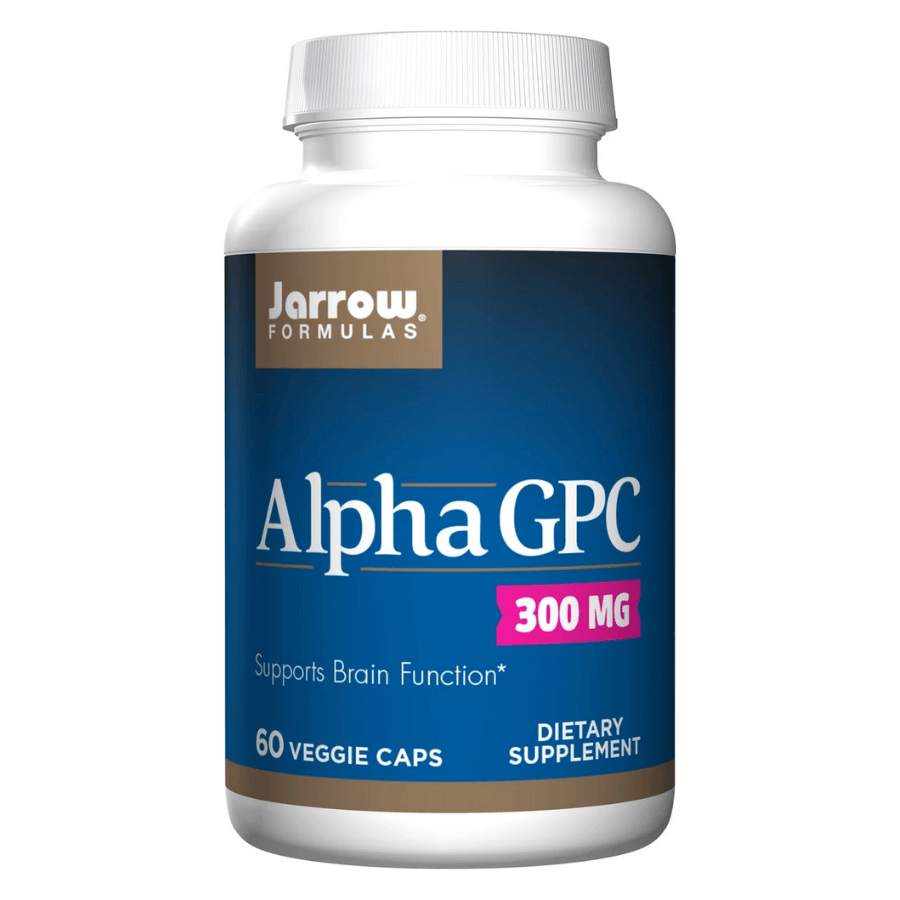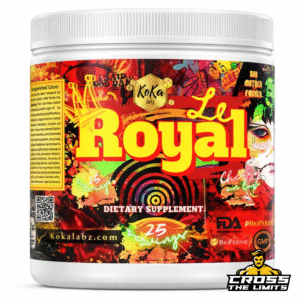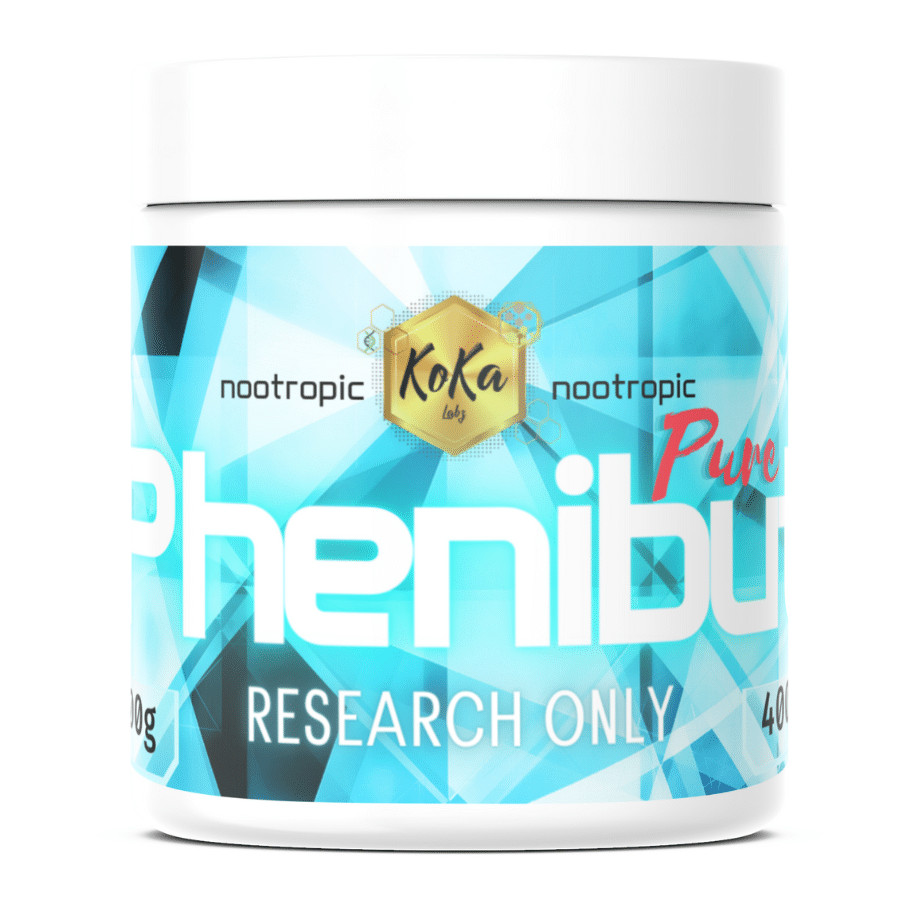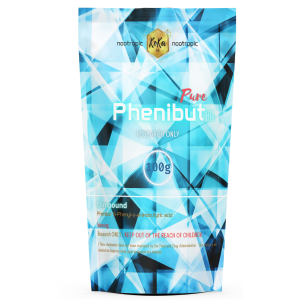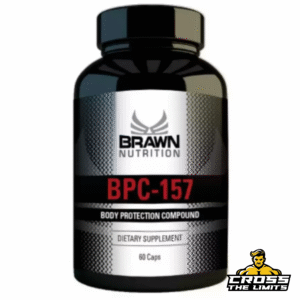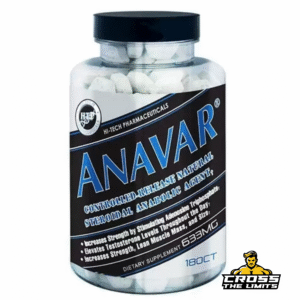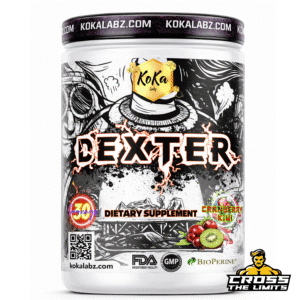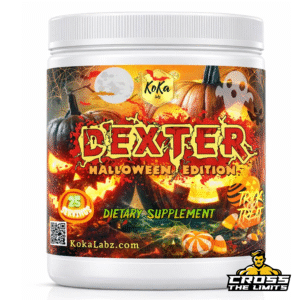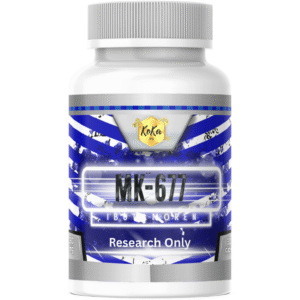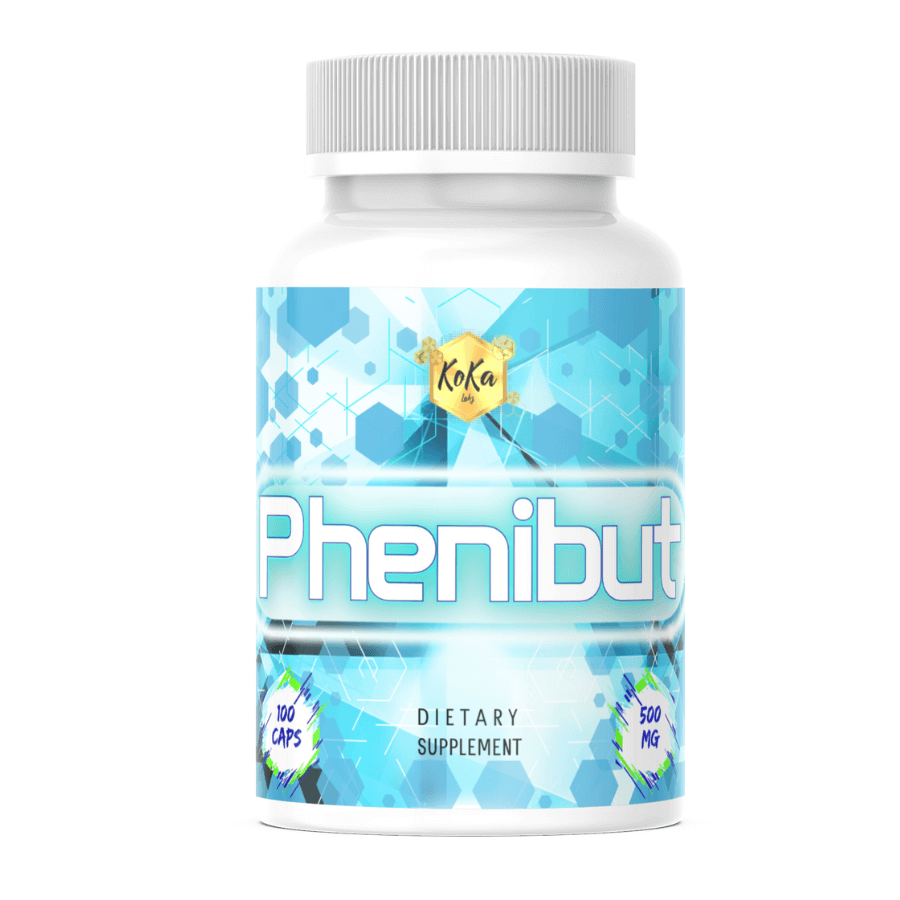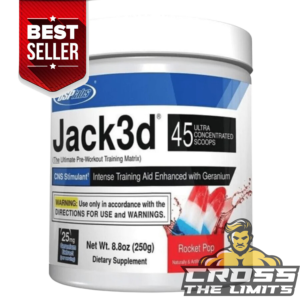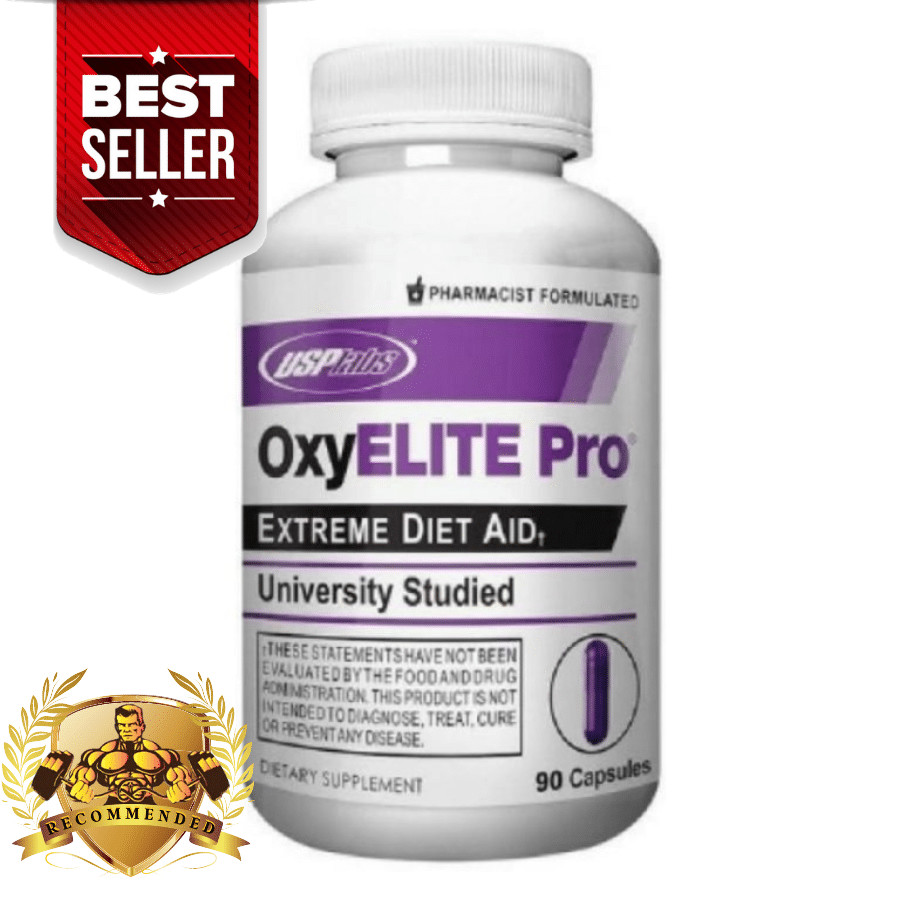Pre-workout nutrition is a crucial aspect of any fitness routine, as it provides the body with the necessary fuel to perform at its best during a workout. The food and supplements consumed before a workout can significantly impact energy levels, endurance, and overall performance. By understanding the importance of pre-workout nutrition, individuals can optimize their workouts and achieve their fitness goals more effectively.
One of the critical reasons why pre-workout nutrition is essential is its ability to provide the body with the energy it needs to perform at its best. Carbohydrates are the body’s primary energy source, and consuming them before a workout can help replenish glycogen stores and provide a readily available fuel source for muscles. Additionally, protein before a workout can help support muscle repair and growth, which is essential for individuals looking to build strength and endurance. Furthermore, certain nutrients such as caffeine and creatine have been shown to enhance performance and improve focus during workouts, making them valuable additions to a pre-workout routine.
-
Out of stock
Apollon Nutrition Hard Target 90 Capsules
£41.60 £66.15AddCore Labs NZT Power 15caps
£50.79In addition to providing energy and supporting muscle growth, pre-workout nutrition can also help improve overall workout performance. Consuming the proper nutrients before a workout can help increase endurance, reduce fatigue, and improve recovery time. This can lead to more productive workouts, allowing individuals to push themselves harder and achieve better results. By understanding the importance of pre-workout nutrition, individuals can make informed choices about the foods and supplements they consume before a workout, ultimately leading to improved performance and better fitness outcomes.
Choosing the Right Pre-Workout Supplements for Your Goals
A wide variety of pre-workout supplements are available, each with unique benefits and potential drawbacks. Choosing the right pre-workout supplements for your goals is essential for maximizing the effectiveness of your workouts and achieving optimal results. By understanding the different types of pre-workout supplements and their potential effects, individuals can decide which supplements best suit their fitness goals.
One of the most popular pre-workout supplements is caffeine, known for its ability to increase energy levels, improve focus, and enhance performance during workouts. Caffeine can be particularly beneficial for individuals looking to increase their endurance and push themselves harder during high-intensity workouts. Another joint pre-workout supplement is creatine, which has been shown to improve strength, power, and muscle mass when used in conjunction with resistance training. For individuals looking to build muscle and improve overall strength, creatine can be a valuable addition to their pre-workout routine.
-
Product no longer in sale
Check our bestsellersIn addition to caffeine and creatine, there are a variety of other pre-workout supplements that can be beneficial for different fitness goals. Beta-alanine, for example, has been shown to improve endurance and reduce fatigue during high-intensity exercise. It is a valuable supplement for individuals looking to improve their overall workout performance. Branched-chain amino acids (BCAAs) are another popular pre-workout supplement that can help support muscle growth and reduce muscle soreness, making them particularly beneficial for individuals in resistance training. By understanding the different types of pre-workout supplements and their potential effects, individuals can choose the supplements that are best suited to their specific fitness goals, ultimately leading to more effective workouts and better results.
Timing Your Pre-Workout Meal or Snack for Optimal Performance
The timing of your pre-workout meal or snack can significantly impact your overall workout performance. Consuming the right foods at the right time can help provide the body with the necessary fuel to perform at its best while minimizing the risk of digestive discomfort during exercise. By understanding how to time your pre-workout meal or snack for optimal performance, individuals can maximize the effectiveness of their workouts and achieve better results.
Ideally, a pre-workout meal or snack should be consumed 1-3 hours before a workout to allow for proper digestion and absorption of nutrients. This meal should be balanced and contain carbohydrates, protein, and healthy fats to provide the body with sustained energy throughout the workout. Carbohydrates are essential for providing the body with readily available muscle fuel, while protein can help support muscle repair and growth. Additionally, healthy fats can provide sustained energy and promote satiety during exercise.
For individuals who prefer to eat closer to their workout time, a smaller snack containing carbohydrates and a moderate amount of protein can be consumed 30-60 minutes before exercise. This can help provide the body with a quick energy source without causing digestive discomfort during exercise. Suitable pre-workout snacks include a banana with almond butter, Greek yoghurt with berries, or a slight protein shake. By appropriately timing your pre-workout meal or snack, you can ensure that your body has the necessary fuel to perform at its best during a workout, ultimately leading to improved performance and better fitness outcomes.
The Role of Hydration in Pre-Workout Preparation
Hydration is crucial in pre-workout preparation, as it can significantly impact overall workout performance and recovery. Proper hydration is essential for maintaining energy levels, regulating body temperature, and supporting muscle function during exercise. By understanding the role of hydration in pre-workout preparation, individuals can optimize their workouts and achieve better results.
One key reason hydration is essential for pre-workout preparation is its ability to support energy levels and overall performance. Dehydration can lead to decreased energy levels, increased fatigue, and reduced endurance during exercise, which can negatively impact workout performance. By ensuring that the body is properly hydrated before a workout, individuals can help maintain energy levels and improve overall performance.
In addition to supporting energy levels, proper hydration is essential for regulating body temperature during exercise. Sweating is the body’s natural mechanism for cooling itself during exercise, but excessive sweating without adequate fluid intake can lead to dehydration and an increased risk of heat-related illnesses. By ensuring that the body is adequately hydrated before a workout, individuals can help regulate body temperature more effectively and reduce the risk of overheating during exercise.
Furthermore, proper hydration is essential for supporting muscle function during exercise. Dehydration can lead to muscle cramps, decreased strength, and impaired coordination, negatively impacting workout performance. By ensuring that the body is adequately hydrated before a workout, individuals can help support muscle function and improve overall performance.
Incorporating Dynamic Warm-Up Exercises into Your Pre-Workout Routine
Incorporating dynamic warm-up exercises into your pre-workout routine is essential for preparing the body for exercise and reducing the risk of injury during workouts. Dynamic warm-up exercises involve moving the body through a range of motion to increase blood flow to muscles, improve flexibility, and activate the nervous system in preparation for exercise. By understanding the benefits of dynamic warm-up exercises and incorporating them into your pre-workout routine, you can optimize your workouts and achieve better results.
One of the critical benefits of dynamic warm-up exercises is their ability to increase blood flow to muscles, which can help improve overall workout performance. Increased blood flow delivers oxygen and nutrients to muscles more effectively, which can help improve muscle function and reduce fatigue during exercise. Additionally, dynamic warm-up exercises can help increase core body temperature, improve muscle elasticity, and reduce the risk of injury during workouts.
Dynamic warm-up exercises also play an important role in improving flexibility and range of motion, which is essential for performing exercises with proper form and reducing the risk of injury. By moving the body through a range of motion during dynamic warm-up exercises, individuals can help improve joint mobility and muscle flexibility, leading to better movement patterns during exercise.
Furthermore, dynamic warm-up exercises help activate the nervous system in preparation for exercise, which can help improve coordination, balance, and overall performance during workouts. Incorporating dynamic warm-up exercises into your pre-workout routine can help prepare your body for exercise more effectively and reduce the risk of injury during workouts.
Harnessing the Power of Mental Preparation for Enhanced Workout Performance
Mental preparation enhances workout performance by helping individuals stay focused, motivated, and mentally prepared for exercise. Individuals can optimise their mindset and achieve better results by understanding how to harness the power of mental preparation before a workout.
One key aspect of mental preparation is setting clear goals for your workout. Whether increasing strength, improving endurance, or achieving a specific fitness milestone, having clear goals can help keep you focused and motivated throughout your workout. By setting specific, measurable goals for your workout, you can create a sense of purpose and direction that will help drive your performance.
Visualization is another powerful tool for mental preparation that involves imagining yourself completing your workout or achieving your fitness goals. By visualizing yourself performing exercises with proper form, pushing through challenging sets, or reaching new personal bests, you can help build confidence and mental readiness for your workout.
Additionally, positive self-talk is essential in mental preparation. It helps individuals stay motivated and focused during their workouts. By using positive affirmations such as “I am strong,” “I am capable,” or “I am determined,” individuals can help build confidence and maintain a positive mindset throughout their workout.
Individuals can optimise their mindset and achieve better results by harnessing mental preparation before a workout through goal setting, visualization, and positive self-talk.
Listening to Your Body: Adjusting Your Pre-Workout Routine for Individual Needs
Listening to your body is essential to adjusting your pre-workout routine to meet individual needs, optimizing your workouts, and achieving better results. Every individual’s body is unique, with different nutritional needs, energy levels, and physical capabilities that should be considered when preparing for exercise.
One important aspect of listening to your body is paying attention to hunger cues before a workout. Some individuals may prefer to eat a full meal 1-3 hours before exercise to provide their bodies with sustained energy throughout their workout. Others may find that they perform better with a smaller snack 30-60 minutes before exercise to avoid digestive discomfort during their workout. By paying attention to hunger cues and experimenting with different pre-workout meal timing options, individuals can determine what works best for their bodies.
In addition to paying attention to hunger cues, listening to your body’s energy levels before a workout is essential to determine whether additional fuel or rest may be necessary. Suppose you’re feeling tired or low on energy before a workout. In that case, consuming a small snack containing carbohydrates and protein may be beneficial to provide your body with a quick energy source. On the other hand, if you’re feeling well-rested and energized before a workout, you may not need additional fuel before exercising.
Furthermore, listening to your body involves being mindful of any physical limitations or discomfort that may arise before a workout. If you’re experiencing muscle soreness or tightness before a workout, incorporating dynamic warm-up exercises or stretching into your pre-workout routine is beneficial for improving flexibility and reducing the risk of injury during exercise.
By listening to your body’s hunger cues, energy levels, physical limitations, and discomfort before a workout, you can adjust your pre-workout routine to meet individual needs, optimizing your workouts and achieving better results.
About the author
Cross The Limits
Cross The Limits is a passionate advocate for health, fitness, and well-being. Since 2018, we have been providing top-quality dietary supplements and vitamins across the UK. Based in Suffolk, our team is committed to helping you achieve your fitness goals with trusted products, expert advice, and unwavering support. Through our blog, we share valuable tips, insights, and the latest trends to inspire and guide you on your health and fitness journey.
Check other posts

What pre-workout supplements can you take every…
February 17th, 2026
Read more
Where to buy the strongest fat burner…
February 10th, 2026
Read more
How to choose the best muscle-building supplements.…
January 30th, 2026
Read moreRelated products
-
KK labz B-aba-Pheni 200g
£88.86KK Labz B-aba-Pheni 100g
£46.22Rated 5.00 out of 5Rated 4.89 out of 5Rated 4.33 out of 5Rated 5.00 out of 5

